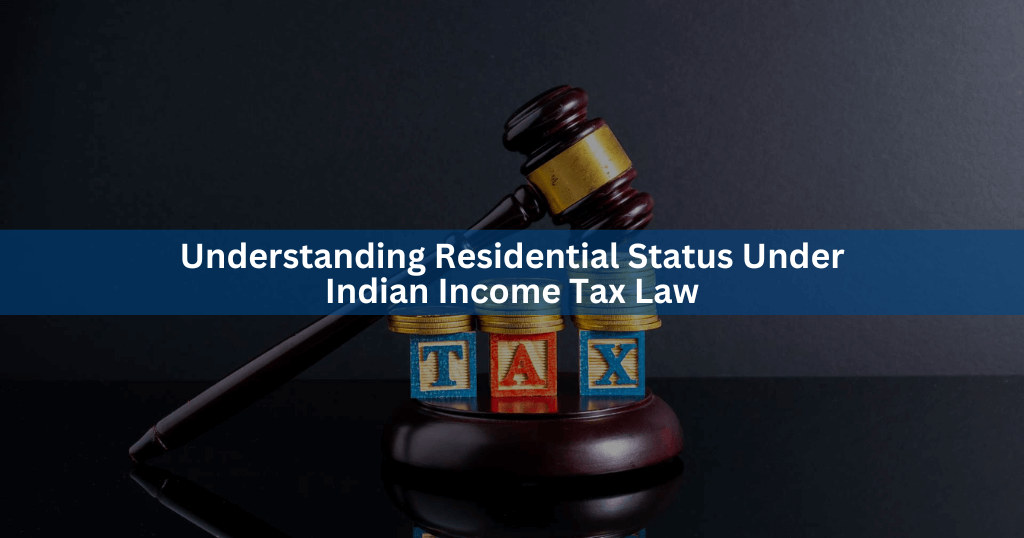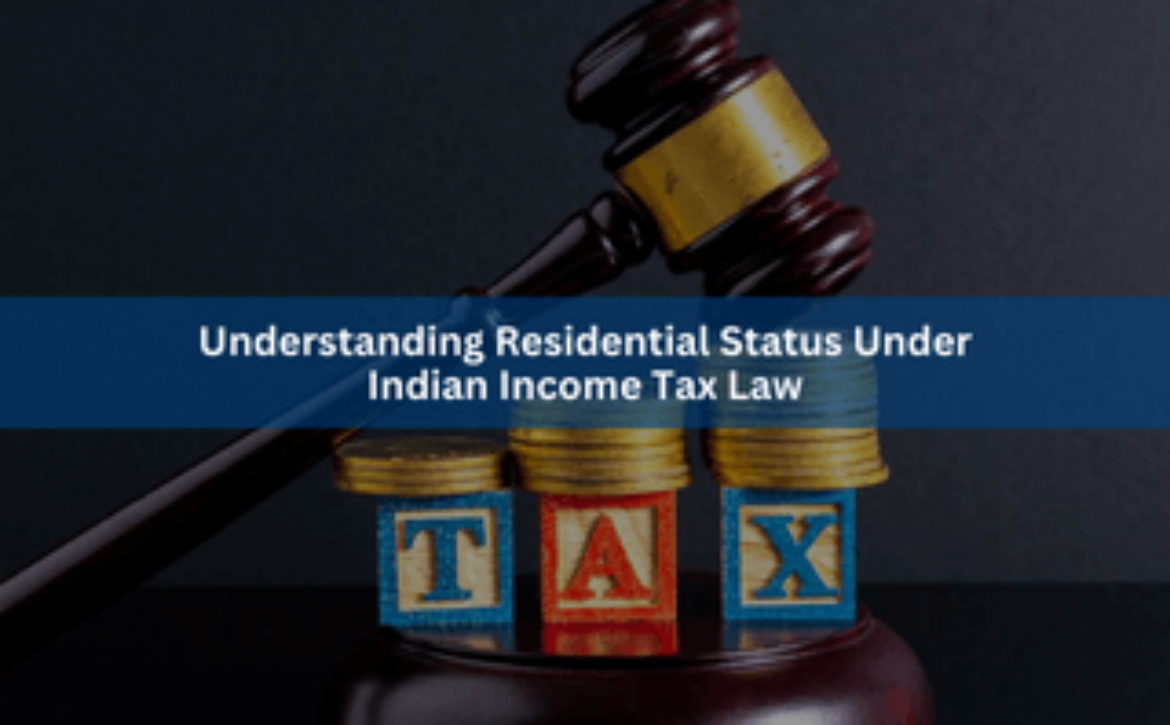Understanding Residential Status Under Indian Income Tax Law

Understanding Residential Status Under Indian Income Tax Law
The determination of an individual’s residential status under Indian income tax law is a crucial factor influencing their tax liability, whether they are categorized as a resident or non-resident. Section 6 of the Income Tax Act, 1961, outlines essential rules for establishing residential status:
1. Resident An individual satisfies the basic conditions to be considered a resident if:
- They are in India for at least 182 days in the relevant financial year.
OR
- They are in India for at least 60 days (120 days for NRIs with income over Rs 15 lakhs) in the relevant financial year AND at least 365 days in the preceding 4 years. For NRIs/PIOs visiting India with income under Rs 15 lakhs, this 60 day rule is relaxed to 182 days.
2. Non-Resident
An individual who does not meet the above residential status tests would be considered a non-resident. They are subject to different tax treatment than residents.
3. Deemed Resident There is also a concept of “deemed resident” under Section 6(1A) for Indian citizens with income over Rs 15 lakhs who do not meet the basic resident conditions but are not liable to tax in any other country.
To illustrate these rules, the document provides some examples. An Indian citizen staying for 54 days in India with income over Rs 15 lakhs would be deemed a resident since they do not pay tax anywhere else. However, a PIO visiting India for 181 days with income below Rs 15 lakhs would be a non-resident since they fail the 182 day test applicable to them instead of the regular 60 day rule.

Establishing residential status can become intricate due to numerous exceptions and special circumstances. Generally, being a resident for tax purposes in India is determined by substantial time spent in the country or maintaining strong connections, as demonstrated by previous visits. Individuals with limited presence, primarily for temporary reasons, are categorized as non-residents.





